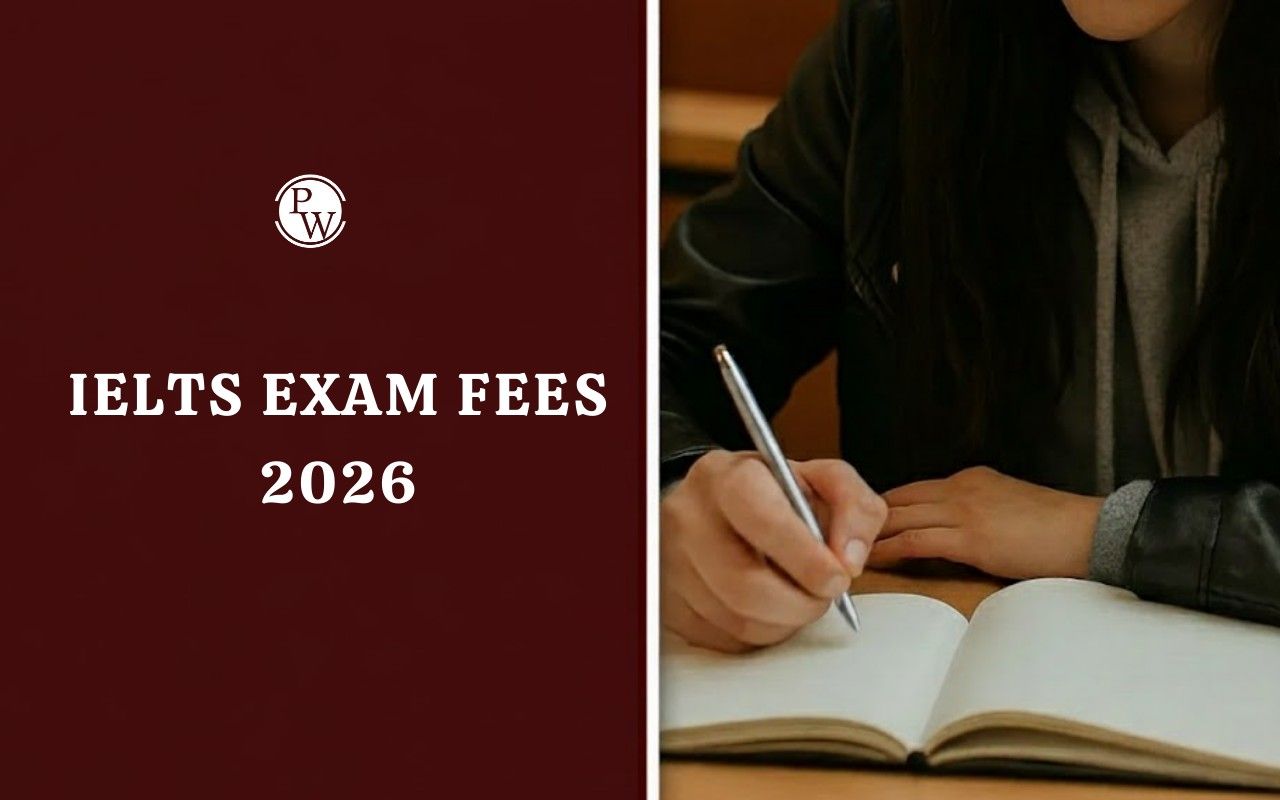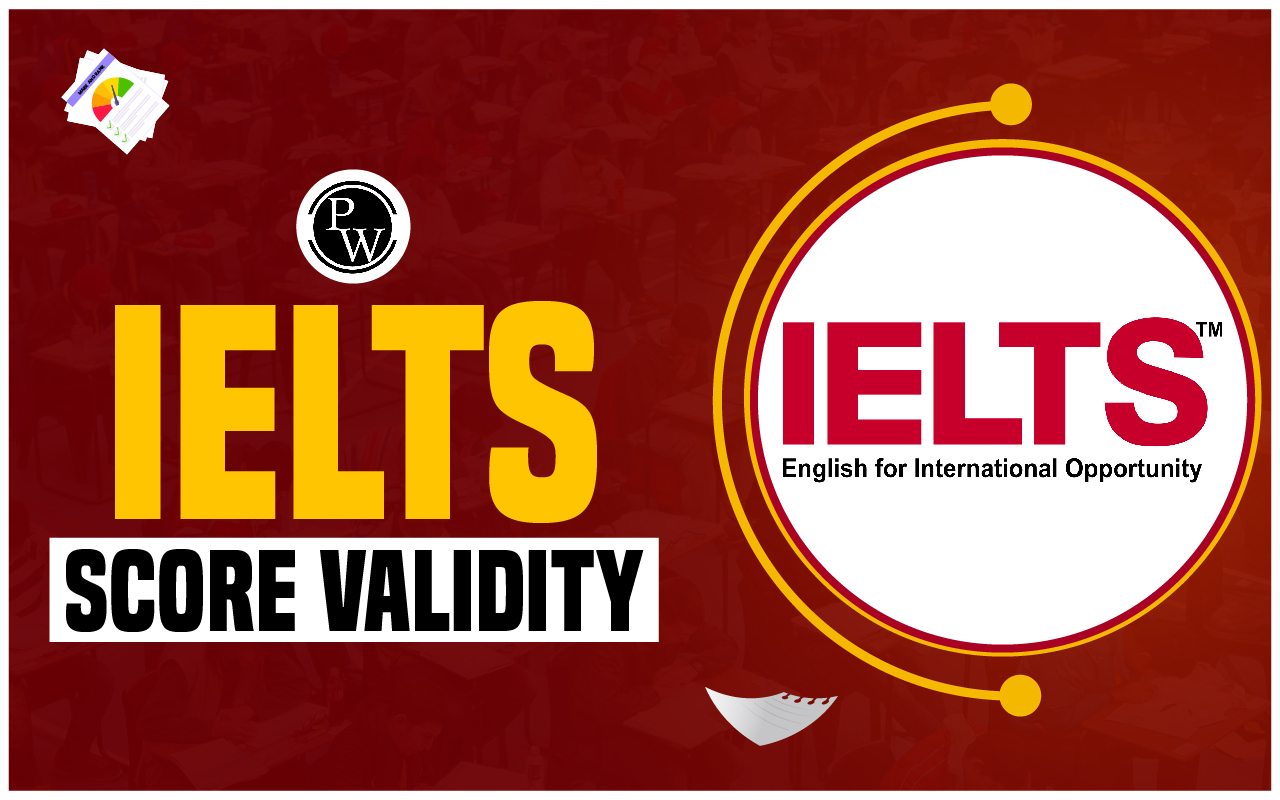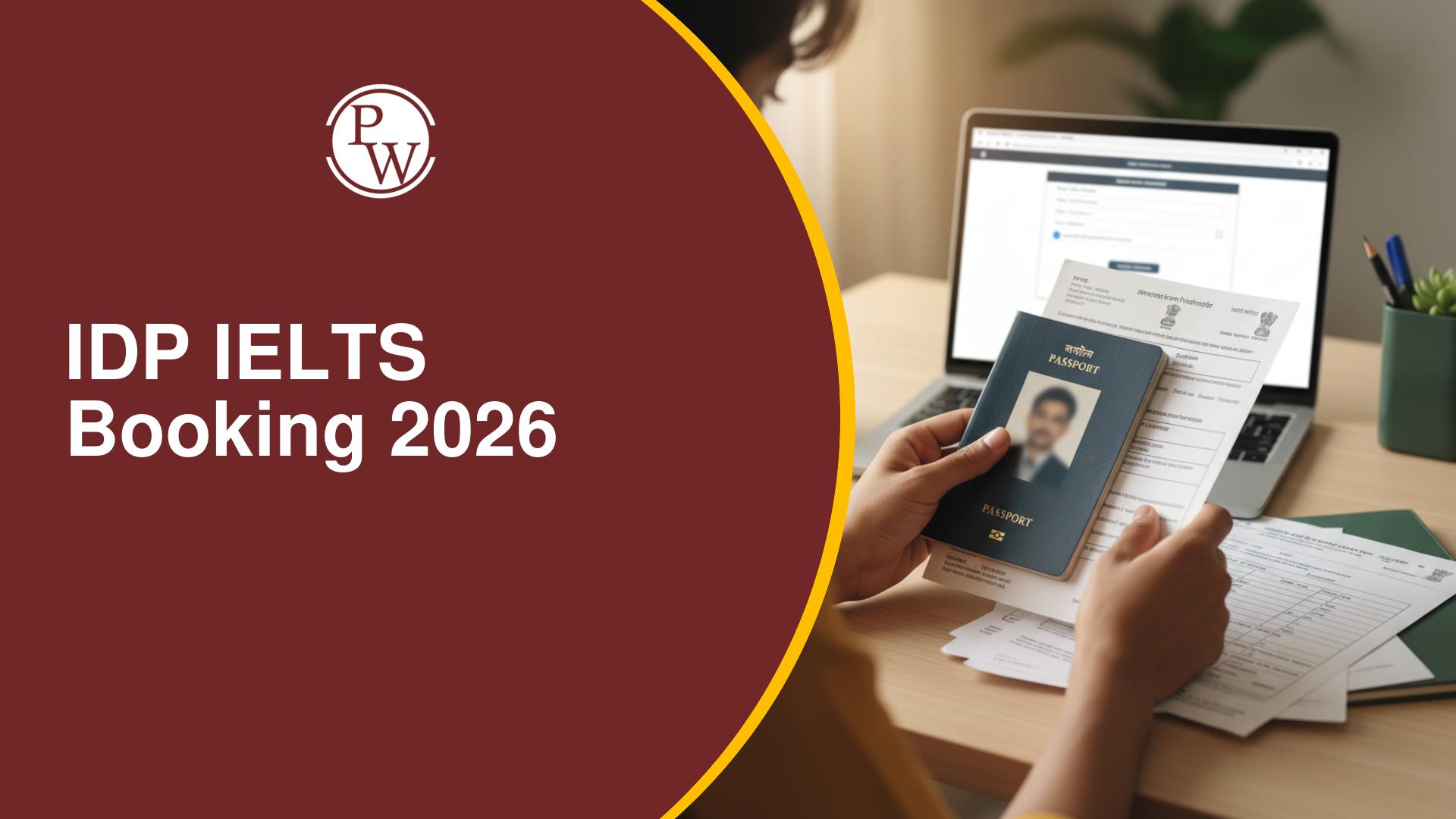
IELTS Agree Disagree Essay: The IELTS Agree Disagree essay is also known as IELTS Opinion Essay. In this type of essay, candidates are required to provide their personal opinion on a particular statement. They can either agree or disagree with the given statement based on their personal experiences and knowledge. However, candidates are not allowed to reason equally for both ways. The IELTS Agree Disagree Essay assesses the Task Response criteria of candidates and can add up to 25% of the IELTS band score for the section. Here, we will provide IELTS Agree Disagree Essay structure, common topics, and sample questions to improve the overall performance on the IELTS exam.
Explore IELTS Online Courses - Enroll Now
IELTS Agree Disagree Essay
This essay type generally includes a direct question based on multiple topics such as technology, education, Environment, Crime, Governance, etc. Candidates are asked to express their opinion in either of the ways. Test-takers can decide whether they agree, disagree, or partially agree with the statement based on their personal experience and thinking.
- IELTS linking words
- IELTS exam eligibility requirements
- Documents Required for IELTS Registration
- IELTS Test Slot Booking
IELTS Agree Disagree Essay Topics
The IELTS Agree and Disagree Essay includes a diverse range of topics. A few important topics for test-takers to practice are listed below:| IELTS Agree Disagree Essay Topics | |
|---|---|
|
Theme |
Essay Topic (Agree or Disagree) |
|
Education |
Schools should teach children how to be good parents. |
|
University education should be free for everyone. |
|
|
Online education is more effective than traditional classroom learning. |
|
|
Technology |
Technology is making people less social. |
|
The internet has brought more harm than good. |
|
|
Robots will soon replace humans in all jobs. |
|
|
Environment |
Individuals can do nothing to improve the environment; only governments and large companies can. |
|
Climate change is the greatest threat facing humanity today. |
|
|
Work & Employment |
Working from home is better than working in an office. |
|
People should retire at the age of 65. |
|
|
Job satisfaction is more important than salary. |
|
|
Health |
Government should ban fast food to improve public health. |
|
Physical activity should be a mandatory part of the school curriculum. |
|
|
Society |
Celebrities are not good role models for young people. |
|
The gap between rich and poor is growing and will never be solved. |
|
|
Media & Culture |
Violent video games and movies cause violent behavior in society. |
|
Traditional culture will be lost as technology develops. |
|
|
Travel & Global |
Tourism does more harm than good to a country. |
|
Studying abroad brings more benefits than problems. |
|
Also Read: IELTS Writing Tips, Strategy And Practice
IELTS Agree Disagree Essay Structure
A clear structure is essential for coherence and task achievement. Here’s a simple and effective four-paragraph format:
1. Introduction
-
Paraphrase the given statement.
-
Clearly state your opinion (agree/disagree/partially agree).
2. Body Paragraph 1
-
Present your first main reason.
-
Explain it with logic and add a relevant example.
3. Body Paragraph 2
-
Present your second reason or consider the other side (if partially agreeing).
-
Explain and support with an example.
4. Conclusion
-
Summarise your main points.
-
Restate your opinion in different words.
IELTS Agree Disagree Essay Sample Question with Answer
Question: "Schools should teach students practical skills such as managing money or basic household tasks, rather than focusing solely on academic subjects. To what extent do you agree or disagree?"
Introduction: In today’s fast-changing world, there is growing debate about whether schools should focus more on teaching practical life skills like handling personal finances or basic technical know-how. I completely agree with the idea that such skills should be integrated into the school curriculum, as they prepare students for real-life situations and promote independence.
Body Paragraph 1: One key reason to include practical skills in education is that they help students become more self-reliant in adulthood. Academic subjects such as history or literature are undoubtedly important, but they often lack direct application in everyday life. For instance, understanding how to manage a budget or file taxes is essential for survival in the modern world, yet many young adults leave school without this knowledge. By learning such life skills early, students can make better financial and personal decisions in the future.
Body Paragraph 2: In addition, teaching practical skills can increase student engagement and confidence. Not all learners perform well in traditional academic settings, and giving them access to hands-on activities such as cooking, basic repairs, or time management can create a more balanced and inclusive learning environment. For example, vocational training programs in countries like Germany have shown that students who engage in practical learning often transition more smoothly into the workforce. This shows the long-term benefits of including non-academic subjects in education.
Conclusion: In conclusion, I strongly support the inclusion of practical skills in school education. Equipping students with useful abilities such as managing finances or basic maintenance tasks not only prepares them for independent living but also boosts their confidence and practical thinking. Therefore, schools should adapt their curriculum to reflect the real-world needs of students.Guidance of PW IELTS
Physics Wallah provides top-notch online IELTS coaching tailored for students. This course aims to effectively support students in their IELTS preparation journey.| What is IELTS Exam? | Documents Required for IELTS Registration |
| IELTS exam eligibility requirements | IELTS Exam Fees |
| IELTS test results | IELTS Exam Pattern |
IELTS Agree Disagree Essay FAQs
Q. How do I decide whether to agree or disagree with the essay?
Q. How long should my IELTS Agree Disagree Essay be?
Q. Can I partially agree on the IELTS Agree Disagree Essay?
Q. What is the best way to prepare for IELTS Agree Disagree Essays?
Q. How many body paragraphs should I write in an Agree/Disagree essay?









